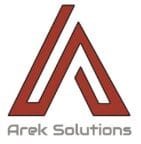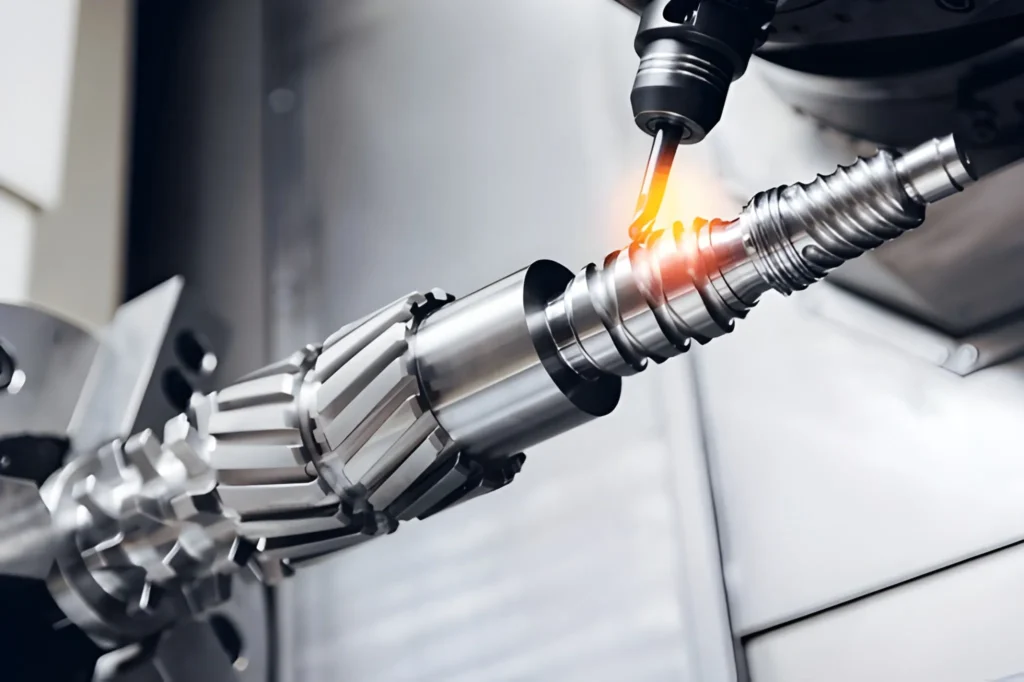Within modern manufacturing, where efficiency, accuracy, and reliability are non-negotiable, precision machined components have emerged as the unsung hero. From automotive to pharmaceutical to petrochemical, these meticulously engineered parts power industries quietly yet decisively. They are not just pieces of metal shaped into form; they are the embodiment of technical expertise, advanced technology, and consistent quality control. Understanding their importance and the benefits they bring to industrial operations can offer valuable insights for businesses aiming to stay competitive in today’s demanding markets.
What Is Precision Machined Components?
Simply put, machined components are parts created by removing material from a workpiece to achieve the desired shape, dimensions, and finish. When manufactured to extremely tight tolerances using state-of-the-art equipment, they are referred to as precision components. These can be made from metals like aluminum, stainless steel, and titanium, or from engineering plastics, depending on the application. Whether it’s a custom automotive part or a delicate medical device component, the goal is the same—perfect functionality without deviation.
The Role of a Precision Machining Parts Manufacturer
A skilled precision machining parts manufacturer is more than just a supplier; they are a critical partner in the product development process. Such manufacturers combine CNC (Computer Numerical Control) technology, CAD/CAM design software, and rigorous quality assurance protocols to produce parts with unmatched accuracy. The synergy of skilled craftsmanship and automation ensures that every piece meets stringent performance requirements, making them indispensable to industries that cannot afford errors.
Benefits of Precision Machined Components in Industry
1. Unmatched Accuracy and Consistency
Industries such as automotive, petrochemical, and pharmaceutical demand absolute precision. Precision machined components ensure that every part produced is virtually identical to the last, reducing variability and increasing reliability in final products.
2. Improved Efficiency in Assembly
When components are made to exact specifications, they fit seamlessly into larger assemblies. This eliminates the need for time-consuming adjustments, speeding up production lines and minimizing downtime.
3. Enhanced Durability
High-quality precision machining parts are designed to withstand demanding operational environments. Whether exposed to high heat, pressure, or corrosive substances, their structural integrity ensures long service life.
4. Cost Savings Over Time
While investing in precision manufacturing may seem more expensive initially, it reduces waste, minimizes errors, and lowers the risk of component failure—all of which contribute to substantial long-term savings.
Applications Across Industries
- Automotive:
From engine parts and transmission gears to suspension components, machining enables reliability and efficiency in vehicles. These components directly enhance performance, safety, and driving comfort.
- Energy:
From turbines and pumps to drilling equipment, machined parts are essential in the energy sector. They withstand extreme conditions while ensuring efficiency, safety, and long service life.
- Pharmaceutical:
From tablet punches and capsule fillers to diagnostic instruments, precision machining ensures accuracy in drug formulation and testing. These components safeguard quality, consistency, and patient safety.
- Oil & Gas:
From drilling bits and pump components to valve assemblies, precision machining enables durability and reliability under extreme conditions. These parts are vital for operational safety and uninterrupted energy supply.
- Textile:
From spinning spindles and weaving looms to finishing rollers, precision machining delivers uniformity and efficiency in textile production. These components directly improve fabric quality and reduce production downtime.
- Food & Beverage:
From bottling nozzles and filling valves to packaging machinery parts, precision machining maintains hygiene and efficiency in food processing. These components help ensure safety, consistency, and high production throughput.
In all these sectors, the reliability and repeatability of precision machining parts are non-negotiable.
Turned Parts and Their Importance
Among the various types of machined components, turned parts hold a special place. Produced through the process of turning—typically on a lathe—these cylindrical or conical parts are essential in applications like shafts, pins, and fasteners. A trusted turned parts manufacturer ensures that these components are machined to perfection, often with tight tolerances and smooth finishes that enhance performance in mechanical assemblies.
Aluminum Parts Machining: Lightweight Strength
In industries where weight reduction is crucial without compromising strength, aluminum parts machining is a game changer. Aluminum offers corrosion resistance, excellent machinability, and high strength-to-weight ratio, making it ideal for automation, automotive parts, and construction. Manufacturers specializing in aluminum machining bring together material expertise and precision engineering to deliver parts that meet demanding industry requirements.
Technological Advancements in Precision Machining
Modern precision machining relies heavily on technological innovations. Multi-axis CNC machines can produce complex geometries in a single setup, reducing production time and improving accuracy. Advanced metrology tools such as CMM (Coordinate Measuring Machines) ensure that finished parts adhere strictly to specifications. Automation, robotics, and AI-driven inspection systems have further streamlined processes, making high-volume production both feasible and cost-effective.
The Human Touch in a High-Tech World
While technology plays a pivotal role, the expertise of experienced machinists remains invaluable. Understanding material behaviour, anticipating potential issues, and making on-the-fly adjustments are skills honed over years. This blend of human intuition and machine precision results in precision components that exceed client expectations.
Challenges in Precision Machining
Despite its many advantages, precision machining comes with challenges. Maintaining tight tolerances requires well-calibrated machinery and rigorous quality checks. Material selection can impact machinability and final performance, while complex designs may demand specialized tooling. Addressing these challenges requires collaboration between engineers, machinists, and quality control teams to ensure optimal outcomes.
The Road Ahead: Sustainable Precision Manufacturing
As industries shift toward sustainability, precision machining is also evolving. Manufacturers are adopting eco-friendly lubricants, optimizing cutting processes to reduce waste, and recycling scrap materials. Additionally, the integration of renewable energy sources into manufacturing facilities is helping reduce the carbon footprint of producing machined components.
Partner with a Trusted Precision Machining Parts Manufacturer
Precision in the modern industrial landscape is no longer a luxury but a necessity. Precision machined components empower industries to create products that meet the highest standards of performance, safety, and reliability. From enhancing assembly efficiency to reducing long-term costs, their benefits are undeniable. The combination of advanced machinery, skilled craftsmanship, and material expertise ensures these components remain at the heart of modern manufacturing. As technology advances and sustainability becomes a greater focus, the role of precision machining will only grow stronger, shaping the future of industrial innovation.
Arek Solutions stands as a trusted partner for businesses seeking exceptional precision machining parts, from complex turned parts manufacturer services to expert aluminum parts machining. With a commitment to quality, efficiency, and innovation, they deliver solutions tailored to meet diverse industry needs.


